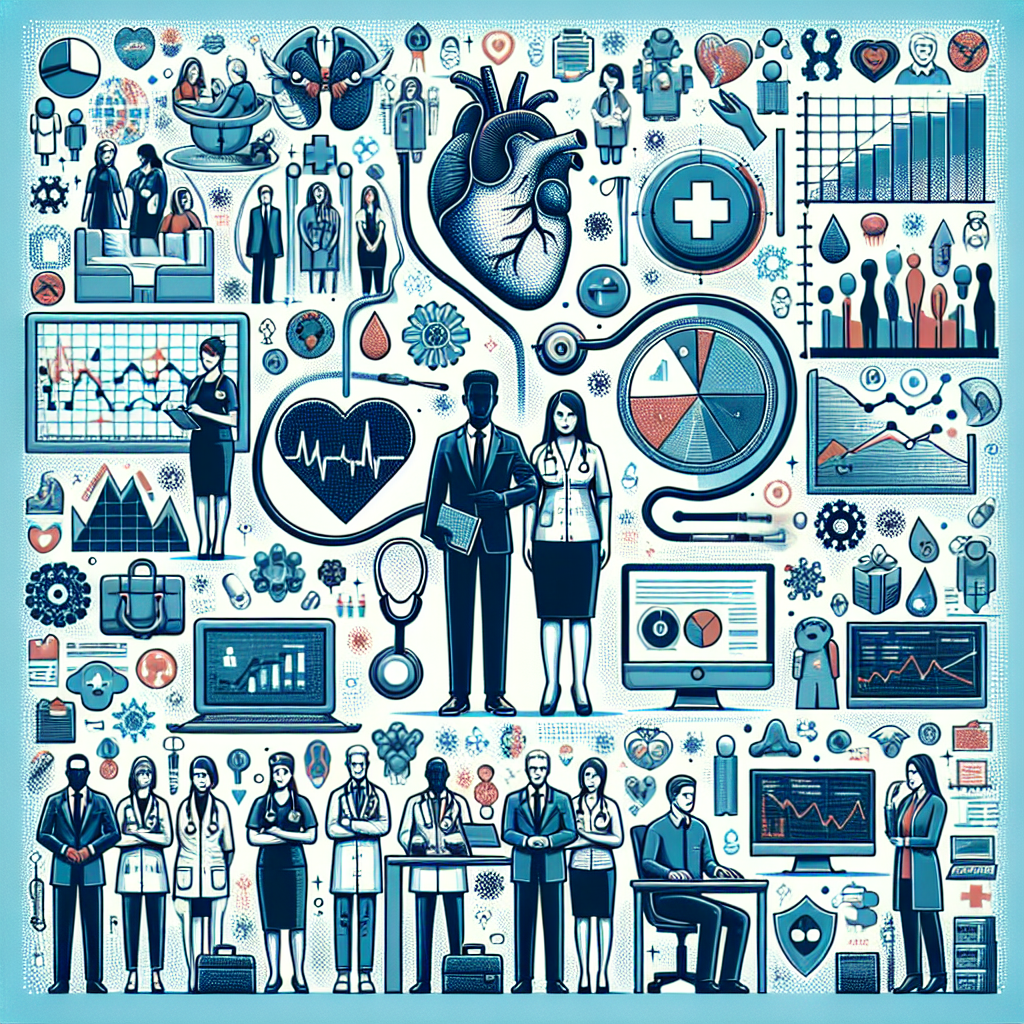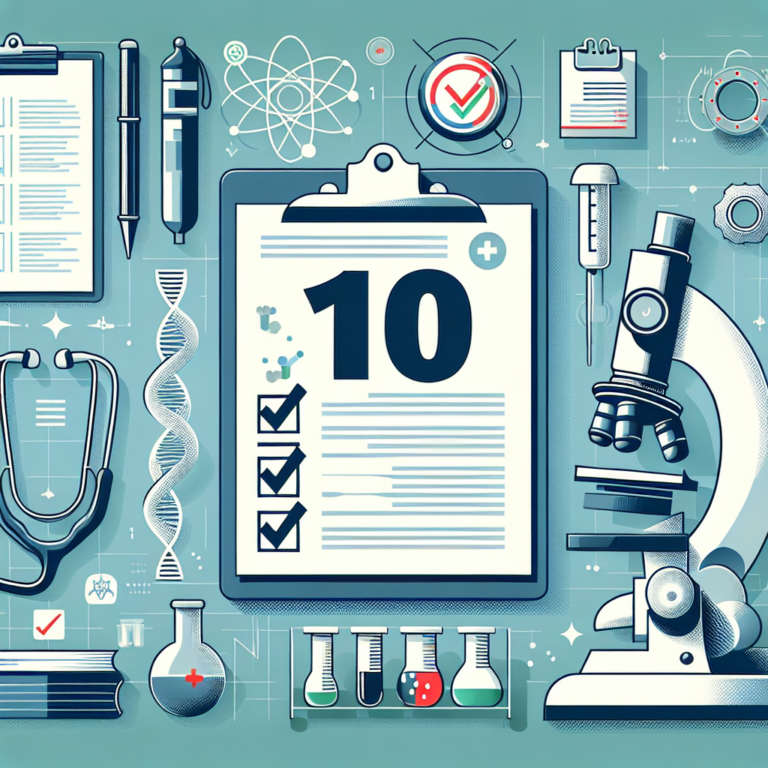In the world of healthcare, statistical analysis plays a crucial role in making informed decisions for patient care and overall management of healthcare facilities. Statistical concepts help medical professionals interpret data, identify trends, and make evidence-based decisions that can ultimately improve patient outcomes. As a leading provider of statistical analysis services for medical doctors, StatisMed understands the importance of grasping these concepts in order to provide the highest quality of care to patients.
Table of Contents
Importance of Statistical Concepts in Healthcare
Healthcare data is constantly being collected through numerous sources such as electronic health records, patient surveys, and clinical trials. Understanding statistical concepts allows healthcare professionals to analyze this data effectively and draw meaningful conclusions. By utilizing statistical tools and techniques, medical professionals can identify patterns, evaluate the effectiveness of treatments, and predict potential outcomes. This not only improves patient care but also enhances operational efficiency within healthcare organizations.
Key Statistical Concepts in Healthcare
-
- Descriptive Statistics: Descriptive statistics help summarize and present data in a meaningful way, such as through measures of central tendency (mean, median, mode) and measures of variability (standard deviation, variance).
-
- Inferential Statistics: Inferential statistics allow healthcare professionals to make inferences or predictions about a population based on a sample of data. This is crucial in drawing conclusions about the effectiveness of treatments, prevalence of diseases, and other important healthcare factors.
-
- Probability: Probability theory is essential in healthcare to assess the likelihood of events occurring, such as the probability of a patient developing a certain complication or the likelihood of a treatment being successful.
-
- Hypothesis Testing: Hypothesis testing is used to determine if there is a significant difference between groups or if an observed effect is due to chance. This is vital in evaluating the efficacy of treatments and interventions in healthcare settings.
-
- Regression Analysis: Regression analysis is used to model the relationship between variables and predict outcomes. Healthcare professionals can use regression analysis to identify risk factors for diseases, predict patient outcomes, and optimize treatment strategies.
Statistical Analysis Services from StatisMed
At StatisMed, we offer a wide range of statistical analysis services tailored to the needs of medical professionals. Our team of experienced statisticians can assist with analysis, interpretation, and reporting to support evidence-based decision-making in healthcare. Whether you require assistance with clinical trials, quality improvement initiatives, or research studies, our services can help you harness the power of statistical analysis to drive positive outcomes for your patients.
How to Get Started with StatisMed
If you are interested in learning more about our statistical analysis services, please visit our services page. You can also learn more about our company and team by visiting our about us page. To request a quote or inquire about our services, please visit our contact us page.
In conclusion, understanding statistical concepts in healthcare is essential for medical professionals to make informed decisions, improve patient outcomes, and enhance operational efficiency. By leveraging statistical tools and techniques, healthcare professionals can unlock valuable insights from data and drive positive changes within their organizations. If you are looking for expert statistical analysis services for medical doctors, consider partnering with StatisMed to achieve your healthcare goals.
[ad_2]




